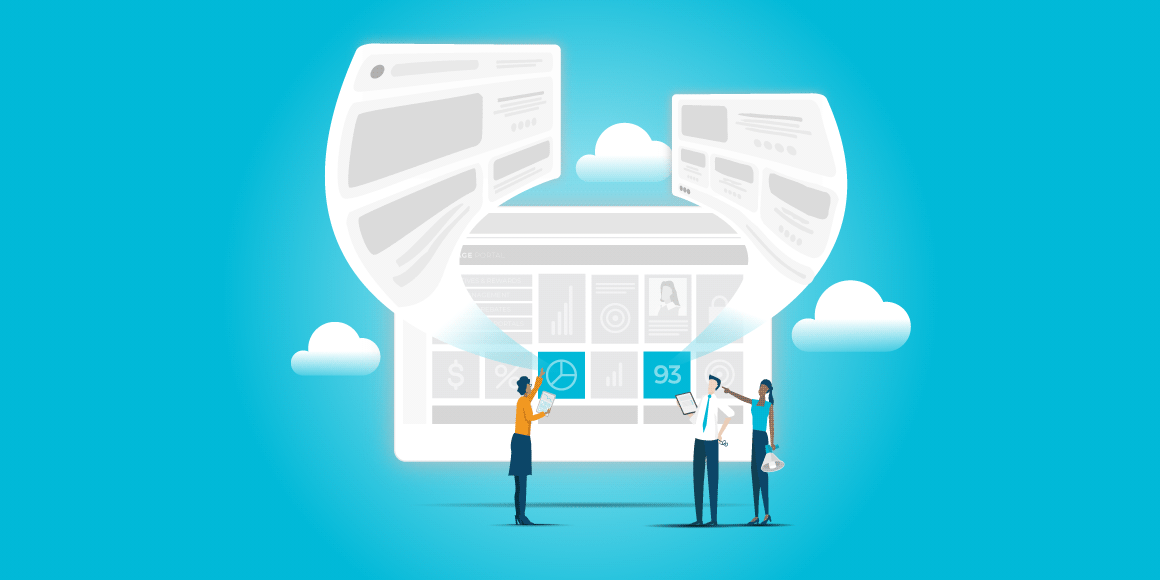Common Use Cases for Points-Based Programs
Engaging Sales Teams
Points-based programs are not limited to customers; they can also be extended to sales teams to motivate and reward their efforts. Sales reps can earn points for closing deals or meeting sales targets, which can be redeemed for cash bonuses, gift cards, or other rewards. This can enhance sales performance and morale.
Examples of Points-Based Programs
Tiered Loyalty Programs
Implementing tiered loyalty programs can also be highly effective. Sales reps can earn more points as they reach different levels of sales targets. This tiered approach can drive sustained participation and increase long-term loyalty.
By understanding the various aspects of points-based programs, companies can better design and implement these incentive strategies to drive specific behaviors, enhance sales team engagement, and achieve their business goals.
Incentive travel programs
Incentive travel programs are powerful tools used to motivate and reward sales teams and partners, fostering loyalty and driving superior sales performance. By offering travel experiences as rewards, companies aim to create memorable and motivational experiences that encourage employees to meet or exceed their targets.
Common Use Cases for Incentive Travel Programs
Boosting Sales Performance
One prevalent use of incentive travel programs is to boost sales performance. By offering a desirable travel experience, companies can motivate sales reps to exceed their targets. This can be particularly effective for large-scale sales initiatives or to drive performance during critical sales periods.
Enhancing Employee Engagement and Morale
Incentive travel programs can significantly enhance employee engagement and morale. By providing unique and memorable experiences, employees feel valued and recognized for their hard work. This can lead to increased job satisfaction, loyalty, and overall productivity.
Promoting Team Building
These programs are also effective for promoting team building. Group travel experiences can foster camaraderie and collaboration among team members, strengthening relationships and enhancing teamwork. This can lead to improved communication and cooperation in the workplace.
Rewarding Long-Term Performance
Incentive travel programs can be used to reward long-term performance and loyalty. Offering travel experiences as a reward for sustained high performance or long-term service can reinforce positive behaviors and encourage ongoing commitment to the company.
Examples of Incentive Travel Programs
Luxury Getaways
One straightforward example of an incentive travel program is offering luxury getaways for top performers. This could include trips to exotic destinations, stays in five-star resorts, or unique experiences such as safaris or cruises. These high-value rewards can be highly motivational for sales teams.
Adventure Travel Experiences
Another effective example involves offering adventure travel experiences. This could include activities like skiing trips, scuba diving excursions, or hiking expeditions. These experiences can appeal to employees who enjoy adventure and outdoor activities, providing a unique and exciting reward.
Group Travel Events
Implementing group travel events can also be highly effective. By organizing trips for entire sales teams or departments, companies can foster team building and collaboration. These group experiences can create lasting memories and strengthen relationships among team members.
By understanding the various aspects of incentive travel programs, companies can better design and implement these strategies to motivate employees, enhance engagement, and achieve their business goals.
Stepping Up Your Sales Enablement Incentive Program
Think holistically and try new things
Due to supply chain challenges, many manufacturers have had to cut sell-through volume incentive payouts to reflect the restriction in available products. The good news is there are several effective ways to motivate your resellers and promote brand loyalty during this time.
First and foremost, it’s critical to ensure you have (or plan to have) a multi-incentive platform that can pivot offerings at any time. For example, you may not currently have inventory timings and visibility of SKU quantities to invest in sales volume SPIFFs and rebates. But a multi-tool incentive platform can enable you to offer sales training and accreditation, eLearning programs with smaller completion badges or singular pay-out promotions linked to reduced stock lines or even-aged product sell-throughs. Taking a holistic, multi-incentive approach will help you keep all basis covered now and in the future.
Deliver valuable, no-nonsense information
What your partners and resellers crave most during times of change and uncertainty is valuable, no-nonsense information. It’s important to keep your sales channel up to date on product shortages, product alternatives, and price increases. Clear and informative communication will also bolster loyalty for your brand and solutions over other options. Not only will your partners and resellers will appreciate this, so will their customers. After all, both your reseller and their customers bought into your product features, benefits, and support. So maintaining trust with transparent, timely supply chain updates that don’t overpromise is key!
Simplify and automate
In order to achieve optimal visibility, operations, and speed across the supply and sales cycle, you need the right tools and data. This where automation comes in. Automated systems can help increase the agility of restock, engagement and impact the supply chain by reshaping costs of sourcing and production lines. These systems can also reshape engagement and motivation with partners and resellers. Leveraging a sales incentive platform that uses a single-pane-of-glass view can help you manage multiple reseller promotions and programs from one place in real time. This provides visibility into what is working and isn’t, allowing for actionable insights that move more efficiently and quickly—with your aligned resellers— to market conditions and change.
Boost Sales Team Enablement with the Right Incentive Strategies
In conclusion, a holistic, comprehensive approach to incentive strategies such as sales spiff programs, points-based programs and incentive travel programs can significantly enhance your sales force's performance and morale, aligning their efforts with your business goals. These programs are an effective way to both motivate and reward your sales teams, channel partners, and customers, leading to a more dynamic and successful sales strategy. Cash bonuses, gift cards, and unique travel experiences are just some examples of incentives you can offer to incentivize efforts - whether it's selling a new product, moving old inventory, or achieving clear sales goals.
For the best results, ensure your program is flexible and able to adapt to changing circumstances, offer valuable, no-nonsense information and streamline processes with automation tools. A successful spiff program is more than just a short-term sales incentive, it’s a strategic tool for driving long-term engagement, promoting team building, and ultimately enhancing your sales performance. As with all sales incentives, clear goals, regular communication, and proper management are critical to ensure your program drives the desired results and helps you reach your sales targets.
%20copy%204.png)




